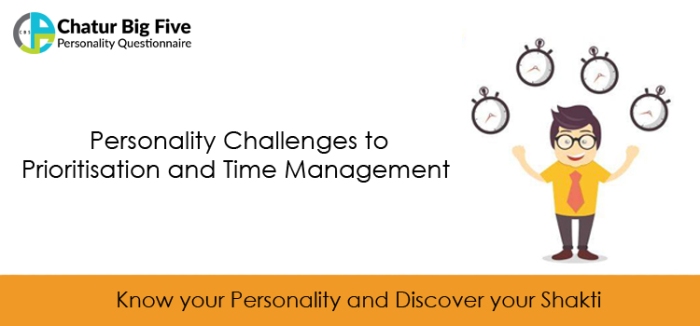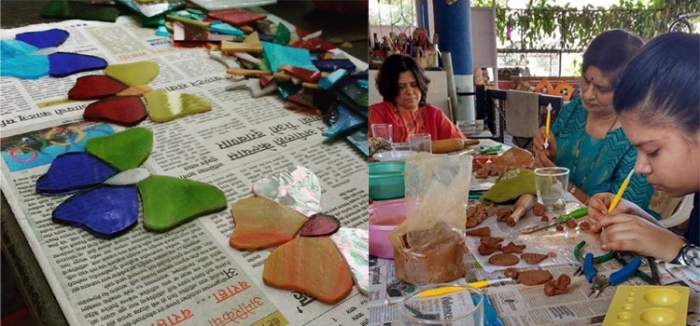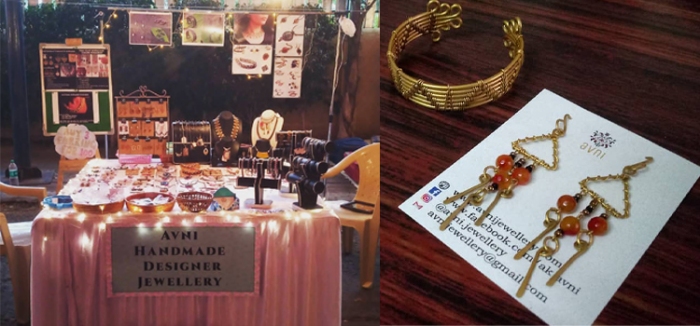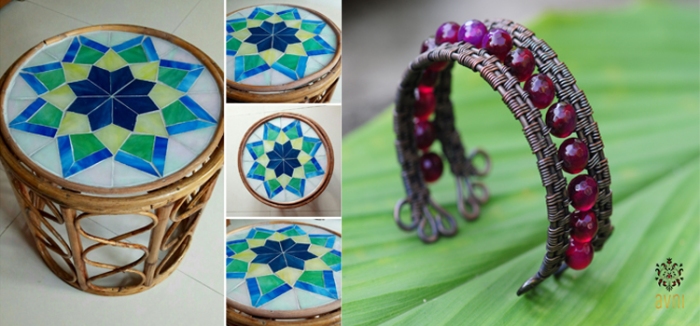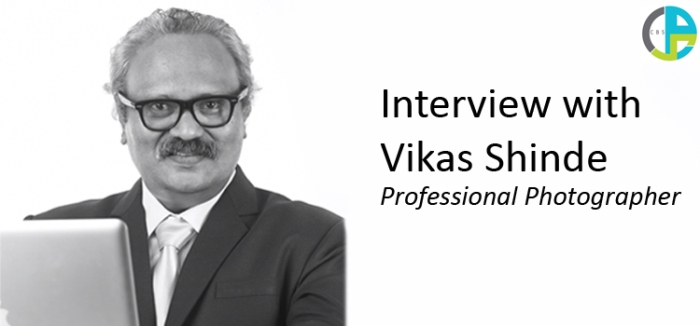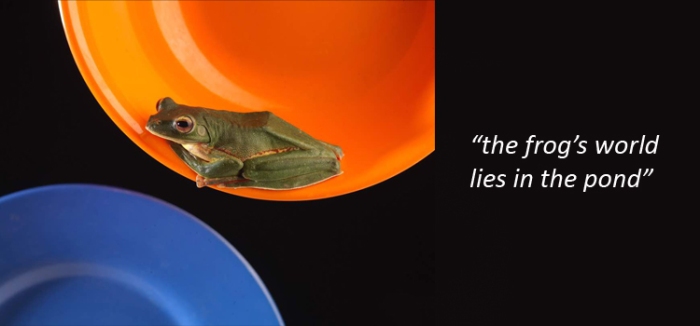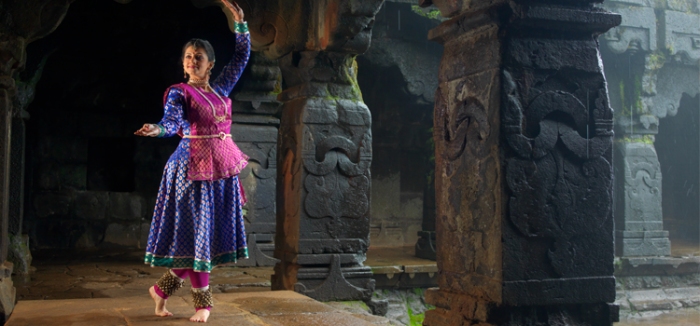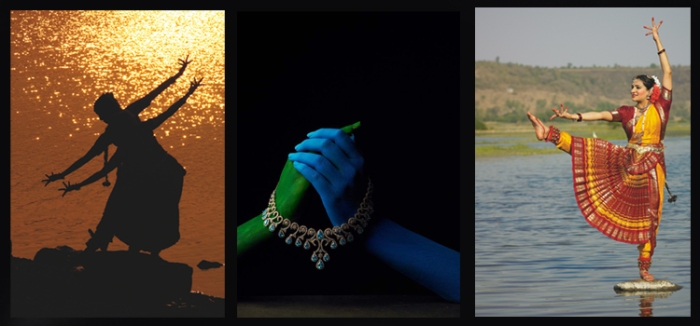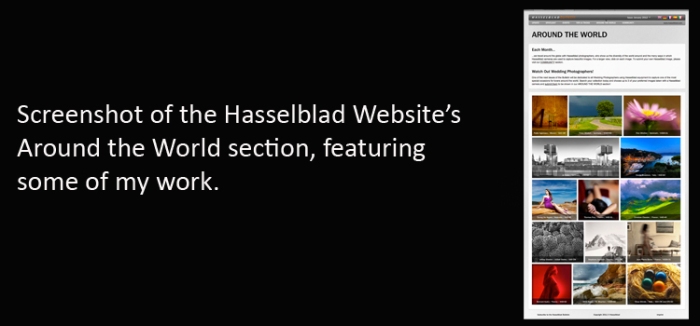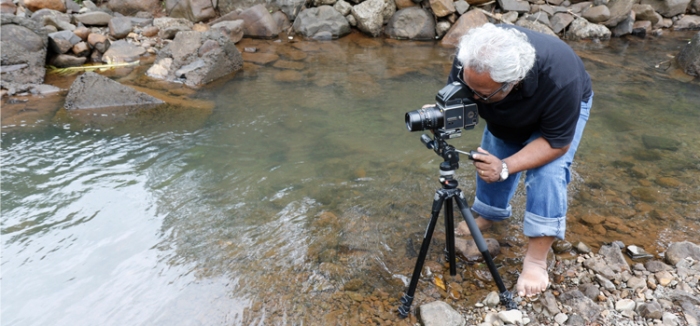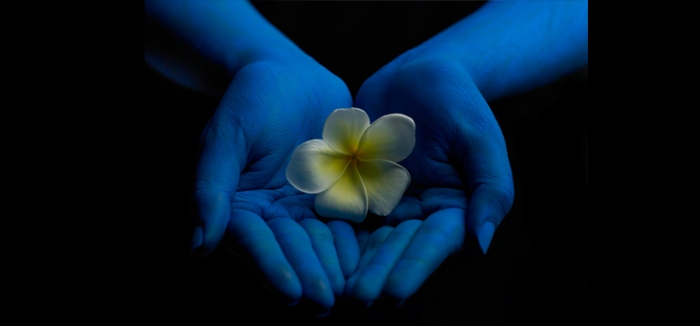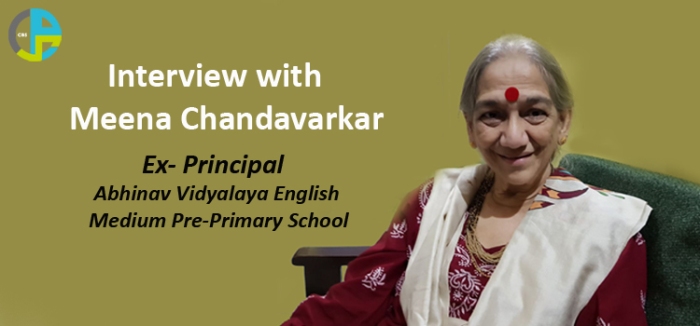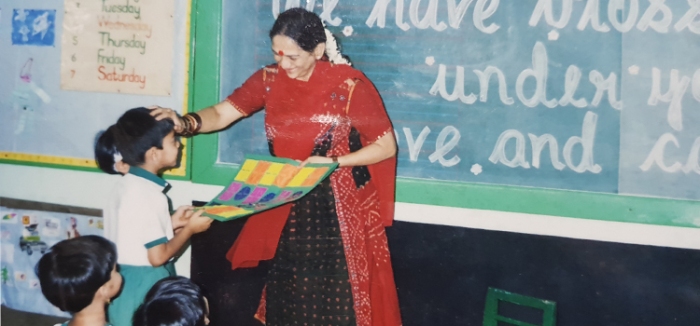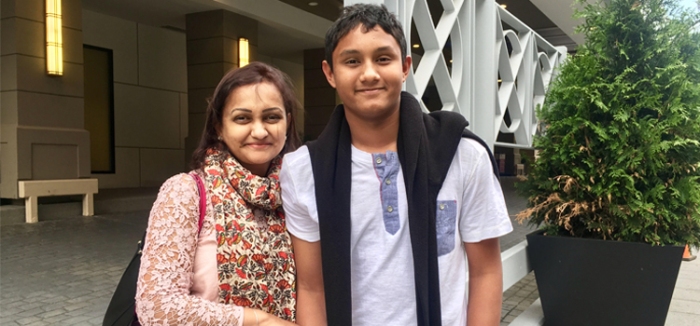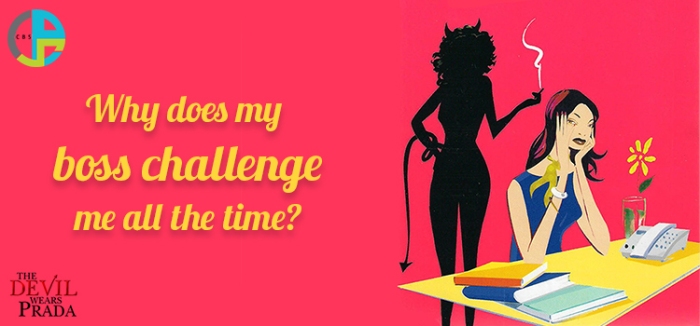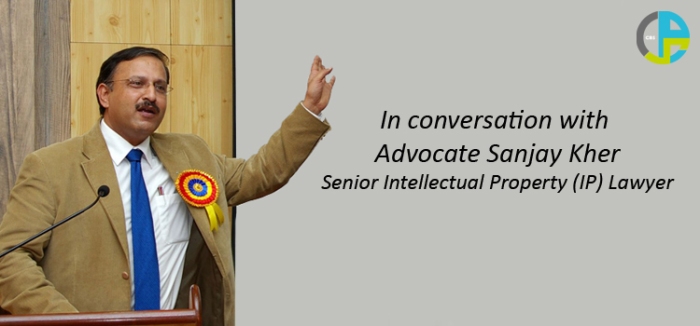
In our pursuit to assist the youth make academic/career choices, we have interviewed several successful individuals. In this edition, we have interviewed Advocate Sanjay Kher, who is a Lawyer specializing in Intellectual Property practicing in India and Internationally.
Advocate Kher has a penchant to go into details and dig for the core in any issue, coming as it does from an innate desire for precise communication, and to flesh out the logic that dominates perspective. In addition, his ability to ask sharp incisive questions, and the need to explore, have all been contributory factors to success. Although Law was not his first choice, nor was it his second choice, it appears fate eventually docked him with his true calling ….. A journey which he firmly believed was triggered by a confluence of factors, chiefly amongst which he credits the contribution of his undergraduate college professors who helped him embark on a journey of self-discovery, which is nothing but an euphemism for belief and confidence.
Please read on to participate in his journey, excerpts of which he freely shares with our readers….
CB5: We have with us Advocate Sanjay Kher, a renowned Intellectual Property lawyer. Sir, thank you for giving us the opportunity to interview you and to understand more about your profession and how you chose this career.
Given the context that our interview series is about successful people in various professions and to create awareness of the variety of professions to enable students to make informed decisions, please share some details about your current professional activities. What do you do? And what eventually brought you into this profession?
Adv. Kher: I am a Lawyer by profession. Within this profession, I specialize in Intellectual Property (IP) Laws, which is the area of Patents, Trademarks, Copyrights, Designs, etc. Specifically, I am what is known in the profession as, a Counsel, i.e. I argue matters in Court. However, aside this, I also assist inventors and creative people in drafting patent specifications, undertaking advisory work, helping people solve their IP related queries, participate in joint ventures matters, etc. I have also been involved in international overseas IP litigations, all of which has helped me in my journey to be a better professional.
I also consider it part of my legal responsibility to ‘talk’ about the law, and towards that I visit numerous colleges and universities within and outside India; where I endeavour to teach the law not as ‘a subject’, but rather interact with it as a living force’ guiding the fortunes of our Society.
CB5: What is the state of legal education in India and how do you see the life of a legal professional?
Adv. Kher: Sadly, I must be critical on the state of legal education in India. I do not have very kind words; except possibly for a handful of colleges. I can unhesitatingly say that the quality of legal education needs to drastically improve. While there undoubtedly are a few good institutions in India, but, as you would know, ‘one swallow does not make a summer’. Our education is still woefully lacking and does not compare with the best in the world. And make no mistake, just as an ill-trained driver can be a hazard on the roads, ill-trained lawyers are also part of the reason for judicial delays. This generally sub-standard professional training has consequently created only islands of excellence.
Such a state of affairs is simply not conducive for personal growth. Anyway, what I am saying about the legal education, is, you would agree, broadly true of the entire education system. I would also like to add that this wonderful profession, which has so much to offer to Society and to the practitioner, is only now awakening to its potential.
But these realities aside, I love what I do. I have immense respect for my colleagues at the Bar who work tirelessly and dedicatedly. I am particularly proud to be a member of the Bombay Bar, which has made an unparalleled contribution to India’s legal firmament.
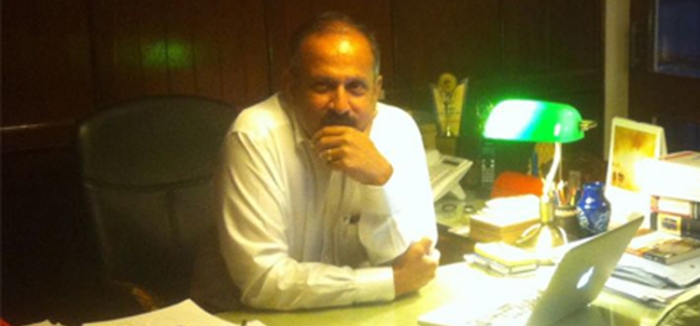
CB5: Your early formal education and your professional career have different tracks…How did you decide on the choice and direction for formal education? What has been your journey of education?
Adv. Kher: As with almost everyone in India, after completing SSC i.e. the 10th … I unthinkingly veered towards Science; because back in those days, there was nothing to think beyond Engineering and Medicine. But I revolted, no sooner than when I realized that I was being ‘herded’ like sheep, the very thought was repugnant. Instead, I opted for a life in the Armed Forces and appeared for the NDA entrance.
But an interesting episode happened soon after I cleared the entrance and was slated to join in a few days. On the afternoon I received my admission intimation from the NDA, a first cousin, who was on the flying side, Vikrant, happened to drop by and he firmly said ‘you are not going into the NDA!!’
I was taken aback, as you would imagine; but he bluntly continued: ‘You are not meant for the Armed Forces’. He backed up his statement by a very incisive analysis, saying ‘ You are too rebellious for the Armed Forces, and either you will kill somebody or get killed, and a life in the Armed Forces is not for you and you will not be able to sustain it for long.
I completely understood what he had so ruthlessly told me, and I respect him for that. I fully appreciated that each profession comes with its traits, logic, and discipline; and for a soldier, unquestioned obedience is paramount, since a battlefield can’t be a place to build consensus.
Thanking my cousin, I tore up my selection papers and stepped out. What the episode taught me was that it is an asset to have people who ‘have your back’. I was so fortunate to have had somebody who had the insight and the ability to convey it in an analytical, cogent and pleasant manner. So my behavior traits intuitively played a role in my veering away from Engineering and NDA!
I didn’t go to NDA, I didn’t want to go to Engineering either, and I was so unhappy with Science generally. My disappointment probably stemmed from my incessant questioning, and the inability or unwillingness of my teachers to resolve them. Some basic questions in mathematics, physics, and chemistry were never answered in class and kept away for another day. I needed to know simple things like, where did certain equations come from, who devised them and how, because that’s the way my mind works, and I needed clarity at every step and hated mindless mugging of textbooks. On the other hand, I enjoyed biology though, probably because I could actually see things unfolding before me, like finding and studying the ‘nerve ring’ in earthworm dissections. It was tragic that the ‘system’ failed to understand my needs, and I was unwilling to bend to its methods.
Nobody helped sort these issues which coursed through my mind. I eventually went to my father and I told him this is not working out…Science was a complete disaster for me… He asked ‘what do you have in mind?’… I hesitatingly said, maybe Commerce, because it is more logical, something which I can read and grasp.
He supported me and said, “do whatever you want, you have our support’ Those words were huge for me!! So that’s’ how I changed over from 12th Science to Commerce during my undergraduate years.
Securing permission from my father proved to be an easier proposition than getting admission into a reputed college. I couldn’t get admission to the various good colleges because the first term was nearing its end. Somehow after talking to a lot of people I homed in on the Podar College and went and met Mr. P. J. Joshi, the then principal of Podar College. In my mind, this was the college for me, and I didn’t want to to go anywhere else. When Principal Joshi expressed his difficulty in admitting me, I bluntly told him that I had decided that Podar was the college for me and I will not leave until I am admitted. Thereafter, every day I used to go and sit outside his room, and every time Joshi Sir would walk in and out of his cabin, there I was large enough for him to see me. On many occasions he told me, ‘I cannot admit you’; and I simply said ‘ I am not going to any other college’. Finally, the great man gave in and after about 15 days, took me in. I think it was this interaction that spurred me to make a promise to myself, that I will one day make this college, and Joshi Sir, proud of having admitted me into its portal.
At Podar I encountered an unexpected problem. I soon realized the perils of not having done 11th Commerce and getting into 12th directly; this meant that subjects like accounts were alien to me and I was already in the second term of my 12th year. It was then the fortune fairy stepped in and brought me in touch with Prof. Maqsud Naik, who held my hand and swiftly guided me through the maze to plant me on firm ground. This was a second turning point, after my admission into Podar. Prof. Naik inspired, encouraged and challenged me like I had never experienced before.
Along with Prof. Naik, at Podar I met another young and inspiring professor, Prof. Ravi Shankar. These two ‘gods’ turned my life inside-out, and I cleared my 12 standard topping the Mumbai region. The reason I am so indebted to Podar College is the inspiring set of teachers under whom it was my privilege to study and interact.
Right from school days, I used to take part in elocution and similar competitions; at Podar I got an amazing platform. Soon I was in the thick of activities: be it elocution, debating, public speaking, various college activities like fundraising during natural calamities, National Cadet Corps, trekking and mountaineering, dramatics, and most importantly Student Union activities. The three years of graduation passed in a blur.
In my final year, on graduation day, the College awarded me with nearly 12 medals for various activities, and the ‘Best Student’ of the year award. What is equally important is that Podar also ensured that I did not slip in academics, and in fact did pretty well in each of the graduation years.
Recently, when I visited my alma mater with my son, who too did his 12th. there, it was a proud moment to meet my ‘old’ professors and hear them telling my son that ‘seldom has anybody enjoyed their college life as much as your father did’.
In the early 80s, there was this talk within the Maharashtrian community, that Marathi youngsters are not taking ‘business’, and this got me thinking of taking a plunge in the world of business. I thought I should start something, but just at that time, ITC was looking for young graduates with the objective of grooming them for the future. I applied and got selected.I went to Kolkata for few months and returned to Mumbai. While ‘management’ looked fun to me that, I soon realized that I would find myself at a disadvantage without a formal management ‘qualification’. I immediately appeared for and got selected for a management programme at the prestigious Jamnalal Bajaj Institute of Management Studies (JBIMS) and told my boss of my intention to quit ITC. He was appalled at the suggestion and offered that the company would send me abroad in a few years time to an Ivy League management school; however, I couldn’t let go of my seat at the JBIMS, and I quit ITC.
To add to my formal management education, fate also sent along a business opportunity – and I took the plunge start a commercial enterprise, little knowing what it would entail, particularly in the Indian context.
A few years into the business and things were going pretty well, and soon I realized there was nothing in this that I could not do, particularly if I was willing to be ‘flexible’. And that was becoming my Achilles heel. Having reached a certain size, I realized that to take my business to the next level, at least within the socio-cultural setting of our country, I was being called upon to make ethical compromises, and this I was not willing to do. And I had begun to get ‘bored’ of doing business. Also, I somehow began hating the idea that I would pass an entire life with nothing meaningful to show for it. I do not in the slightest mean to denigrate all the great business people who contribute so much to Society, in so many different ways, but it’s just that I did not see me doing ‘business’ all my life.
By this time I was around 32-33 and my life experiences were now suffocating me. The growing injustices around me, the growing inequalities in Society, the all-round decline in moral and ethical standards and I started looking at the Law with renewed interest, particularly Constitutional Law. A few cases which I had commenced to fight against social menaces convinced me that I had a hitherto undiscovered fascination for the Law. I started studying the Law, alongside my business activity. As I approached completion, I began to entertain serious visions of being a lawyer; but I could not be unmindful of my reality – which was that I was responsible for the jobs I had created, and also to my family which now consisted of a wife and 2 kids.
Unfortunately, despite my best efforts, the ‘lawyer visions’ refused to let me be in peace. I began discussing with my wife and other family members about this vision and found support and encouragement for my desires. At the same time, I also found a buyer for my business. Having secured the basic needs of my family and also secured the jobs of my employees, I decided to the take the plunge for a life at the Bar.
I started my new journey right from where every lawyer does; i.e. working as a junior at a training stipend of Rs. 1000/- p.m. This princely amount barely covered my pass and travel expense, but that was the last thing on my mind. It might sound immodest, but I took to the legal profession like a duck to water.
I found that it gave me every freedom and latitude that I always hoped for, and without having to sacrifice my morality and ethics. I am aware that the Society at large views all professionals suspiciously these days, but I can say without a shred of hesitation that I have never had to compromise in the practice of my craft, and I have not suffered for that.
What is also of importance is that I was able to settle down much faster in the profession, because all my past experiences had actually prepared me for the profession.
CB5: Wow! This is an amazing narrative… and are you suggesting that a more mature person learning law has its benefits?
Adv. Kher: Any profession! Be it engineering, law, science anything, there are three things that don’t get revealed to us at an early age: one is the mechanics underlying the subject; second, the philosophical underpinnings of that subject, and lastly (and hugely important to me) the ‘romance’, the ‘music’, the ‘harmony’ that wafts through the subject. To get a full measure of all these, a traveler must be immersed in the lake, with all pores open. But this realization, this knowledge of existence of these crucial facets, the ability to see them all as one syncretic whole, comes with ‘age’.
Recently an Australian friend commented on her unceasing amazement that; ‘in India, and in the sub-continent generally, parents and children approach education as if it is a train that once boarded, the kids are not allowed to alight until destination. She felt that was disastrous to the career choices kids eventually make. She was of the opinion that kids must do different activities before closing in on the future course of their lives. This will make professional growth fun and filled with practical insights.
That is what happened to me, I came to law having ‘lived’ my life and from the first day started looking at things differently.
CB5: Experience is transformative in a way. And education with practical application builds a different level of maturity and focus …And probably that is why many Management schools recommend if not insist that incumbent students have gone through an organizational tenure and then pursue an MBA course. How did you eventually settle down in the legal profession? Was it difficult to ‘find your feet’ in the profession?
Adv. Kher: ‘Settling down’ is a function of many factors; like, one’s grasp over the subject, the opportunities one gets, the opportunities one is able to spot and grab, passion for work, discipline, people skills, hours of hard work, and lastly a very small but vital component, called luck.
Immediately on entering the profession, I decided not to spread myself thin, and do a specialization. I spotted IP law as the coming wave and hitched my bandwagon to it. I was lucky to be accepted as a junior by one of the leading IP lawyers in India and was truly blessed to have trained under him.
Once, my senior, for personal reasons, was unable to deliver a lecture for which he had committed. He requested me to deliver the lecture. Without a hesitation, I grabbed the opportunity, and I must say that one evening was a turning point in my legal career.
That lecture was attended by many bigwigs from the corporate and legal world; and where before the lecture I was unknown in the profession, by the end of my talk, I kind of felt that I had been accepted by the legal and business community. What is more telling about that lecture was the industry feedback that it was pleasant to hear a lawyer speak a businessman’s language. [I smiled, but did not tell them that I was, until recently a member of their fraternity].
Soon thereafter, people from the American Consulate selected me and sent me to the US for on a programme designed for what they call as ‘future leaders.’
CB5: Would you have any cautions/critique about the legal profession?
Adv. Kher: The state of the legal profession is no different from the state of its education I have mentioned earlier. There are many challenges that every organ of our Society is having to combat. This, unfortunately, saps the energy of our youngsters and is particularly detrimental to the profession’s ability to deliver on its mandate.
The creeping frustrations amongst all stakeholders have eventually a cataclysmic domino effect, bringing the system to a complete halt. What is even more dangerous is that the system has not stopped its movements, it is still moving; but tragically, in my view, it has stopped delivering. This can be utterly demoralizing and gives rise to many oddities, chiefly amongst that is what I call ‘a creeping cannibalism’, where members of the community are themselves devouring at the systems entrails.
But this pessimistic reality, by the very law of nature, cannot sustain and must and has already begun a reversal. Thus, these are exciting times to be in the legal profession. I am encouraged by the numerous youngsters who are vociferously engaged with change, and these are our change-makers, and change will come, and I have no doubt that the legal profession will be at the forefront of that struggle; because as the famous trial lawyer Louis Nizer once said : It (Law) is man’s highest achievement, because it is the only weapon he has fashioned whose force rests solely on the sanctity of reason.
CB5: In your opinion what are your success factors? What elements about your personality help in this success?
Adv. Kher: As I have said earlier, there is really not any ‘one’ factor that is responsible for success; and I am also not sure whether ‘success’ should have one common meaning for everybody. In fact, it ought not to be. Success to me is when one can answer a truthful ‘Yes’ to the two eternal questions: (1) Did you give it your best? and (2) Are you content when you look back?
If there is one factor that I would like to underline, it would be the role of ‘a Guru’, ‘a Teacher’, ‘a Guide’ or let us call that person an ‘‘ a Master’ Somebody who epitomises all the professional and personal values you want to be inculcated in yourself. Let their deeds be your guide, and you will find many secrets of life softly unfolding within you.
CB5: Knowing you, we must add – Your need to explore, and challenge the logic of everything and dig into that is one big piece of your success. As I know you, you will not accept anything without really satisfying your logic… AND then your skills of understanding the law, and intelligence in interpreting the same and effectively communicating your arguments with fact and appropriate language are an added BONUS!
Adv. Kher: I could be wrong, but I divide ‘intelligence’ into two types: first is the innate ‘god’ given intelligence, and the second type of intelligence is what one develops observing one’s surroundings, by absorbing therefrom what is needed to be processed, by processing what is required to aid decision making and finally making sense of the entire exercise. I believe I must be having more of the second type. But more importantly, I think I have a god given tenacity, an immense storehouse of energy and the confidence to take risks – the matrix of which I am able to process very quickly.
But like the mythical Achilles heel, I spoke about earlier, I also think one must do a SWOT analysis, lest one is swept away in one’s own grandiose sense of self. I have no doubt that there are many ‘manufacturing defects’ that, even as we speak, are in the process of repair. New ones are being regularly identified, if not by self, surely by the mirror the world holds up to us. I believe that intelligence lies in listening to these hushed tones and to quietly carry out the repair and refurbishing job.
But beyond intelligence lies ‘Wisdom’. And true Wisdom lies in knowing that ‘wealthy is the man who is happy, and happy is the man who knows what wealth is’.
CB5: What were some of the sacrifices you had to make to reach the level of success that you have achieved?
Adv. Kher: Tons of it! While success is never guaranteed, the thought certainly stays on top of one’s mind, particularly when has come late to the party. Plus every profession has its own gestation period, and the legal profession is said to have a particularly circuitous route to the top.
I could be wrong, but I believe I have a very rustic Indian no-regret attitude towards what we call ‘Sacrifices’. Sacrifices to me are really nothing but the paths one leaves untravelled when one chooses other roads. Therefore there is nothing to regret. I am reminded here of Robert Frost and his ‘The Road Less Travelled’.
Consequently, I have no regrets about any ‘sacrifices’; that would cut into the joy of the ‘choices’ I have made.
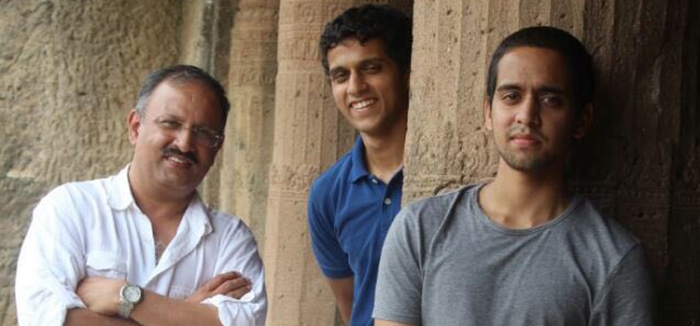
CB5: Losing family time is one lament that we commonly hear from successful persons!
Adv. Kher: People lose family time even by spending their evenings in the pub, or with the ‘boys’ in the club. To me, if you have not been able to manage time amongst your various responsibilities, you probably are not ‘successful’; and your unidimensional achievement ought not to be labeled ‘success’, lest we will be guilty of perpetuating an incorrect version of ‘success’. Fortunately, me and my wife have spent tons of quality time with our kids, doing hundreds of varied things, from trekking to craft making to outdoor sports, and have absolutely no regrets at that we can’t afford a Rolls Royce.
CB5: Can you share with us some of your hobbies?
Adv. Kher: Trekking, Travel, Reading, and Music are some abiding passions. I have asked myself in many a pensive mood whether ‘work’ itself a hobby; but I am glad to leave that discussion for some other day.
CB5: Would you have any advice for the younger generation, especially someone who is at crossroads trying to select an education path, say someone between ages 14-21 years?
Adv. Kher: I have no doubts that the route I have taken is completely crazy, particularly in the Indian milieu. Just too many things have to fall in place, and hence would be very circumspect to repeat this adventure.
But yet even in our social and economic realities, one can redefine ‘success’, and if it includes seeing new dreams, then the chase is on…
I would like to say this one thing, all my friends, particularly those who are struggling to be Indians in this ‘Flat World’: teach your children only one ‘mantra’: that there is nothing right or wrong in life, there are only consequence.
John Denver wrote a beautiful poem ‘Let This Be The Voice’, one stanza therein runs like this:
“There is a tree that stands in the forest
That one tree is all forests
All trees are that one”
To me:
There is a mantra that stands like a beacon
That one mantra is all Religion
All mantras are that one
As regards advice, I am incapable of advising anyone, and I have learned that is risky to launch on that path. But if there is one thing I can say, which is: pause and observe the world around you, and every little thing that exists on it… we are getting messages from them all the time. What our world has to say is infinitely wiser, listen to it.
CB5: Mr. Kher, we cannot thank you enough for sharing with us your personal journey about your career. We are sure that our readers will benefit from your experiences and personal insights.
Your personal stories are not only insightful but are also eye-openers and inspirational. Sincerely Thank-You once again for sharing and giving us your valuable time.
Please comment, send any questions and like, share and follow us on FB, Google+, LinkedIn.
Until our next Blog on another interesting profession…

VISIT : www.CB5.in
